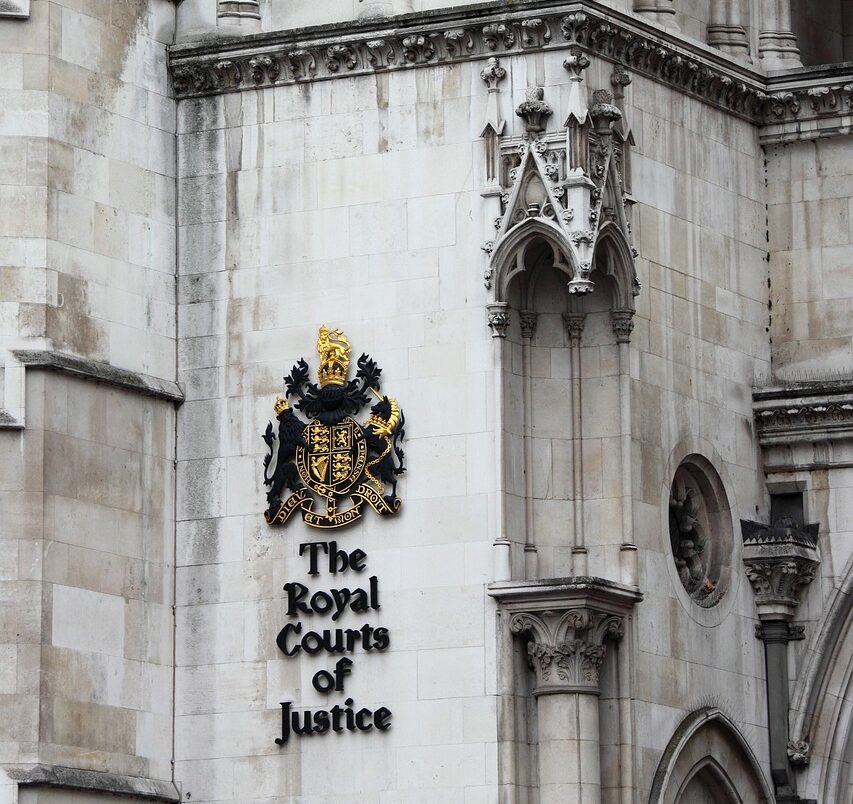The fairness of the British trials by jury was brought home to me when I was summoned for jury duty at the High Court of Edinburgh in 1990. Scottish law differs slightly from the English in that juries consist of fifteen (not twelve) people randomly selected from the electoral register, and besides Guilty and Not Guilty there exists an additional verdict, Not Proven. In this case the defendant was a 16 yr old youth caught for supplying the drug Ecstasy at a rave disco. We jurors sat side-by-side on benches within the courtroom. None of us knew one another. At the call All rise we stood silently while the the gowned judge and be-wigged barristers filed in and and the judge motioned us to be seated.
The defendant pleaded guilty, so a full trial was avoided. His defence barrister had delivered an impassioned account of the lad’s otherwise good character, stating that he was from a good home and a first-time offender. Nevertheless, the severity of his crime necessitated a penalty and the judge sentenced him to 4 years in prison. Seeing the tearful youth being led down to the cells I felt so sorry for him and for his parents. Yes, given his age he was considered to be an adult, and yes, he had committed a serious crime and needed to be punished, but was imprisonment at such a young age alongside hardened criminals appropriate?
As we jurors were dismissed, I turned to the gentleman sitting beside me and voiced my opinion on the harshness of the sentence. I was shocked when he turned angrily onto me, shouting in my face, “You think that’s lenient do you? What if it was your daughter he’d approached at the disco and offered her a Class A drug? You should be ashamed of yourself to think that leading young people into a life of drugs merits a lesser sentence!” And with that he turned sharply on his heel and left the courtroom. I was so surprised I didn’t know how to react.
But later on, I did think I about it, and realised that the complete disparity of every single juror’s life, the uniqueness of their thoughts, the diversity of their backgrounds and experiences, as well being icognito could only lead to completely honest personal opinions untainted by solidarity or friendship with anybody else. That is as fair as it can be.

